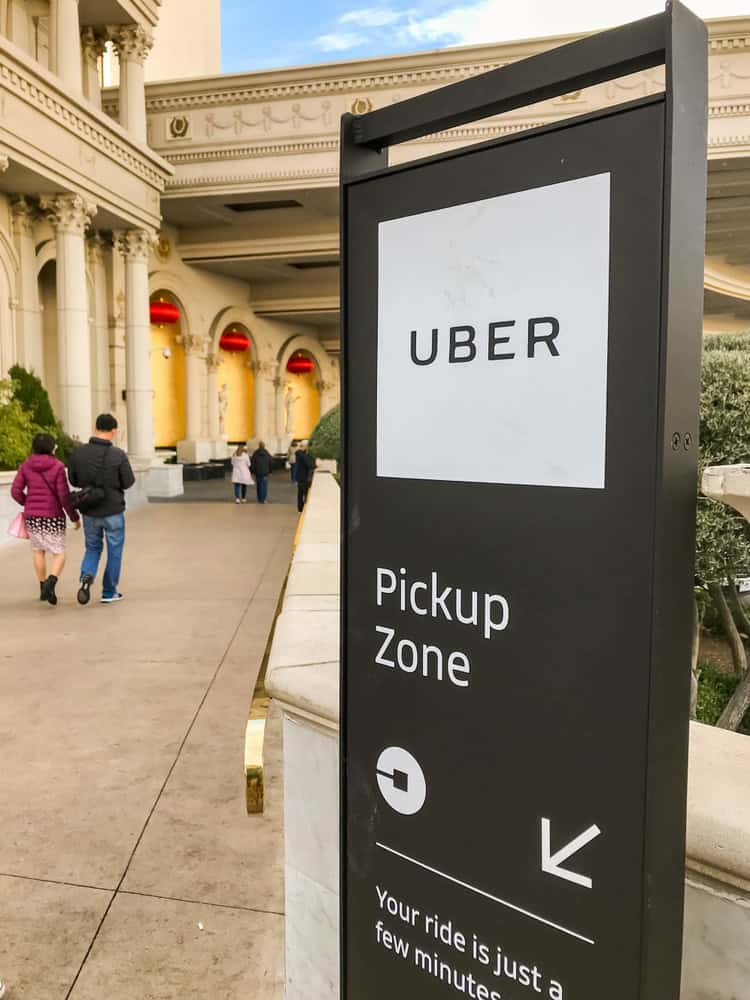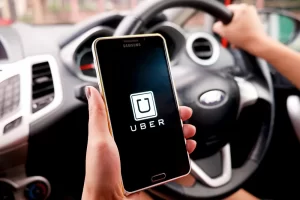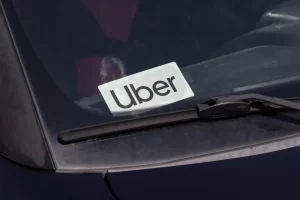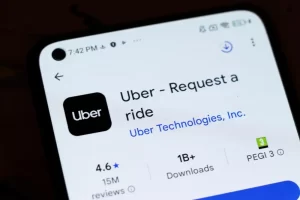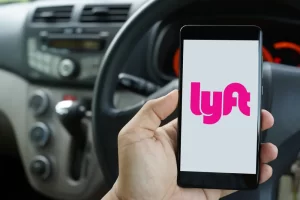Uber and Nevada trial lawyers have struck a six-year truce following a contentious legal and political battle. The agreement culminates in AB523, a fast-tracked bill that would shield ridesharing companies such as Uber from liability for the actions of their drivers or passengers, provided the companies offer at least $1 million in insurance coverage while transporting passengers, The Nevada Independent’s Eric Neugeboren reported. This figure marks a reduction from the state’s current $1.5 million minimum and aligns Nevada with insurance standards in 48 other states.
The bill, introduced and passed unanimously in the Assembly Committee on Growth and Infrastructure just one day after being filed, is a product of months of negotiations, lobbying, and political pressure from both sides. Uber reportedly invested $5 million into a political action committee pushing a ballot initiative to limit attorney fees in civil cases—a move widely interpreted as an attempt to weaken lawsuits, including those involving sexual misconduct. The Nevada Justice Association, representing trial lawyers, was one of the top donors to lawmakers during the 2024 election cycle.
As part of the compromise, both Uber and the trial lawyers have agreed to pause hostilities. For the next six years, neither side will pursue new legislation or ballot initiatives targeting the other, according to two sources familiar with the negotiations.
Matthew Sharp, a former president of the Nevada Justice Association, described the bill as a “negotiated settlement” designed to resolve ongoing disputes. Assemblyman Howard Watts (D-Las Vegas), who chairs the committee, said lawmakers were eager to address the issue “expeditiously.”
While AB523 represents a win for Uber on liability limitations in Nevada, it does not offer the company blanket immunity. It specifically limits Uber’s liability for harm caused by drivers or passengers in incidents occurring after October 1, 2025. Importantly, it does not protect Uber from lawsuits accusing the company itself of negligence, flawed policies, or failure to prevent abuse.
This distinction matters significantly in the context of the ongoing Multidistrict Litigation (MDL) in California, which has consolidated over 1,600 sexual assault lawsuits against Uber, including from victims in Nevada. The MDL does not focus on the isolated actions of drivers; rather, it accuses Uber of systemic negligence—failing to conduct adequate background checks, ignoring prior complaints, and creating a culture where passenger safety was sacrificed for growth.
An attorney representing survivors in the MDL emphasized that the Nevada bill “would not prevent former Uber passengers who were sexually assaulted or harassed by their Uber drivers from bringing various claims against Uber, including negligence, breach of contract, and product liability claims.”
The bill also impacts delivery platforms like Uber Eats and DoorDash, which would now fall under the same liability and insurance requirements.
Despite Uber’s gains in Nevada, the company’s legal exposure in California remains substantial. The California MDL continues to grow and could set precedents for how rideshare companies nationwide are held accountable for failing to protect passengers, especially in cases involving sexual assault.
To learn more about Uber sexual assault litigation and get connected with an attorney specializing in rideshare assault litigation, visit our comprehensive coverage page here.
